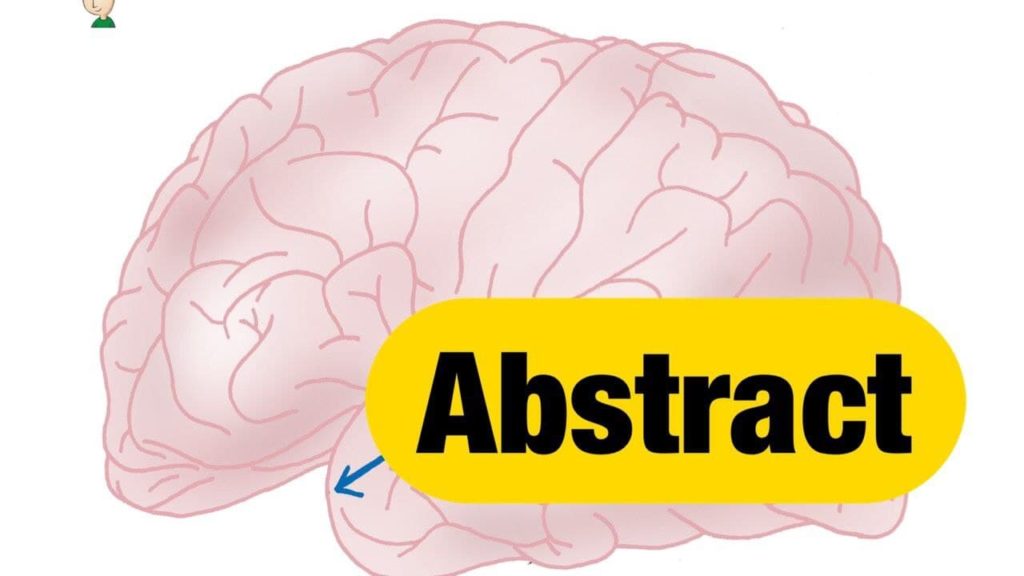Clinicopathologic and Treatment Features of Long-Term Surviving Brain Metastasis Patients
Archya Dasgupta 1 2, Jayson Co 1 2, Jeff Winter 1 2, Barbara-Ann Millar 1 2, Normand Laperriere 1 2, Derek S Tsang 1 2, Monique van Prooijen 2, Andrei Damyanovich 1 2, Robert Heaton 1 2, Catherine Coolens 1 2 3, Mark Bernstein 4, Paul Kongkham 4, Gelareh Zadeh 4, Alejandro Berlin 1 2, Tatiana Conrad 1 2, Fabio Y Moraes 1 2, David B Shultz 1 2Affiliations expand
- PMID: 33477698
- DOI: 10.3390/curroncol28010054
Abstract
Background: The purpose of our study was to characterize clinical features among brain metastasis (BM) patients who were long term survivors (LTS).
Methods: We reviewed a registry of BM patients referred to our multidisciplinary BM clinic between 2006 and 2014 and identified 97 who lived ? 3 years following BM diagnosis. The clinical and treatment characteristics were obtained from a prospectively maintained database, and additional information was obtained through review of electronic medical records and radiologic images. Survival analyses were performed using the Kaplan-Meier method.
Results: Median follow up for LTS was 67 months (range 36-181). Median age was 54 years, 65% had single BM, 39% had stable extracranial disease at the time of BM treatment, and brain was the first site of metastasis in 76%. Targetable mutations were present in 39% of patients and 66% received treatment with targeted-, hormonal-, or immuno-therapy. Brain surgery at the time of diagnosis was performed in 40% and stereotactic radiosurgery (SRS) or whole brain radiotherapy (alone or combination) in 52% and 56%, respectively. Following initial BM treatment, 5-year intracranial disease-free survival was 39%, and the cumulative incidence of symptomatic radio-necrosis was 16%. Five and ten-year overall survival was 72% and 26%, respectively.
Conclusion: Most LTS were younger than 60 years old and had a single BM. Many received treatment with surgery or targeted, immune, or hormonal therapy.
Keywords: brain metastasis; immunotherapy; long-term survivors; molecular characteristics; systemic therapy; targeted therapy.

